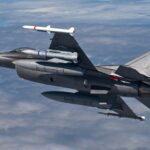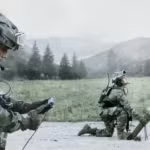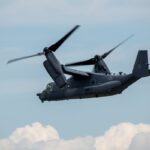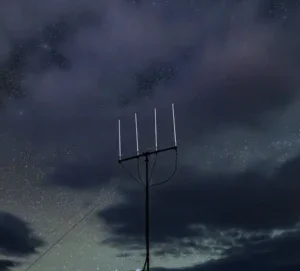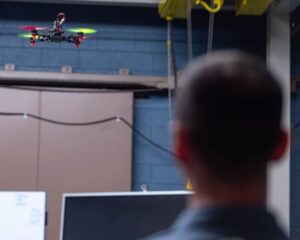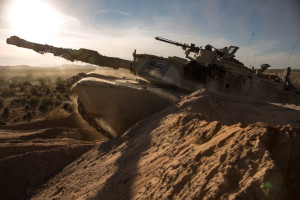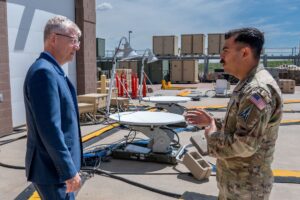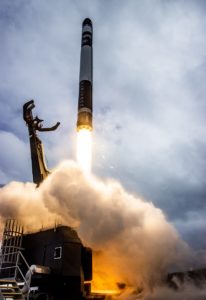
The Pentagon’s Space Test Program is partnering with several non-traditional small launch providers to send five advanced research-and-development payloads into low Earth orbit (LEO) this year, Air Force officials said April 4. The Rapid Agile Launch Initiative (RALI) has awarded five launch missions to three launch providers scheduled for 2019, which will send 21 satellites into space for $25.6 million, Air Force Space and Missile Systems Center’s Launch Enterprise Systems Directorate said Wednesday. Rocket Lab USA, a privately owned small…

 By
By 